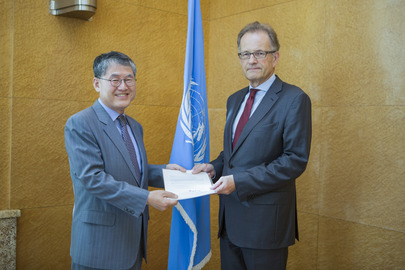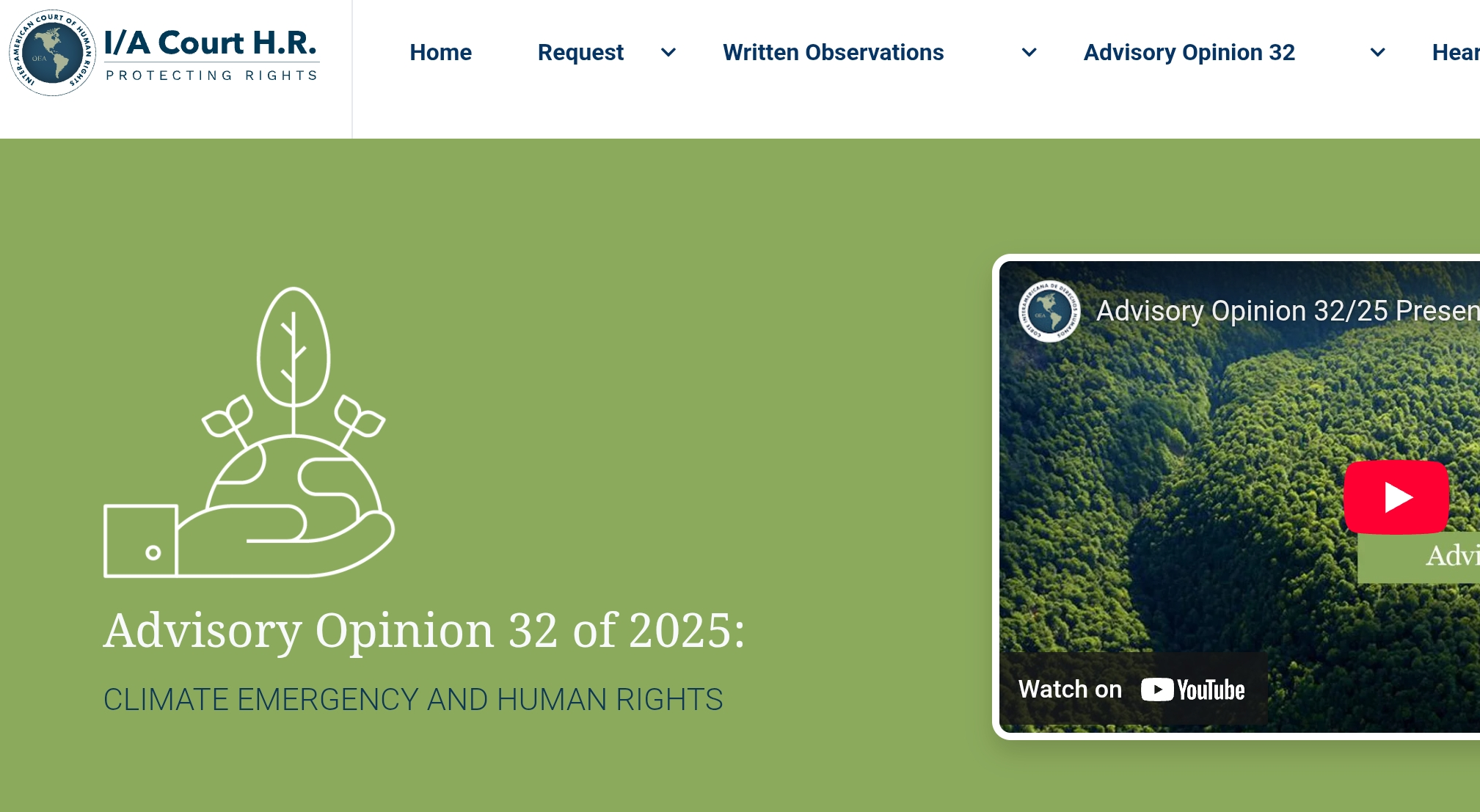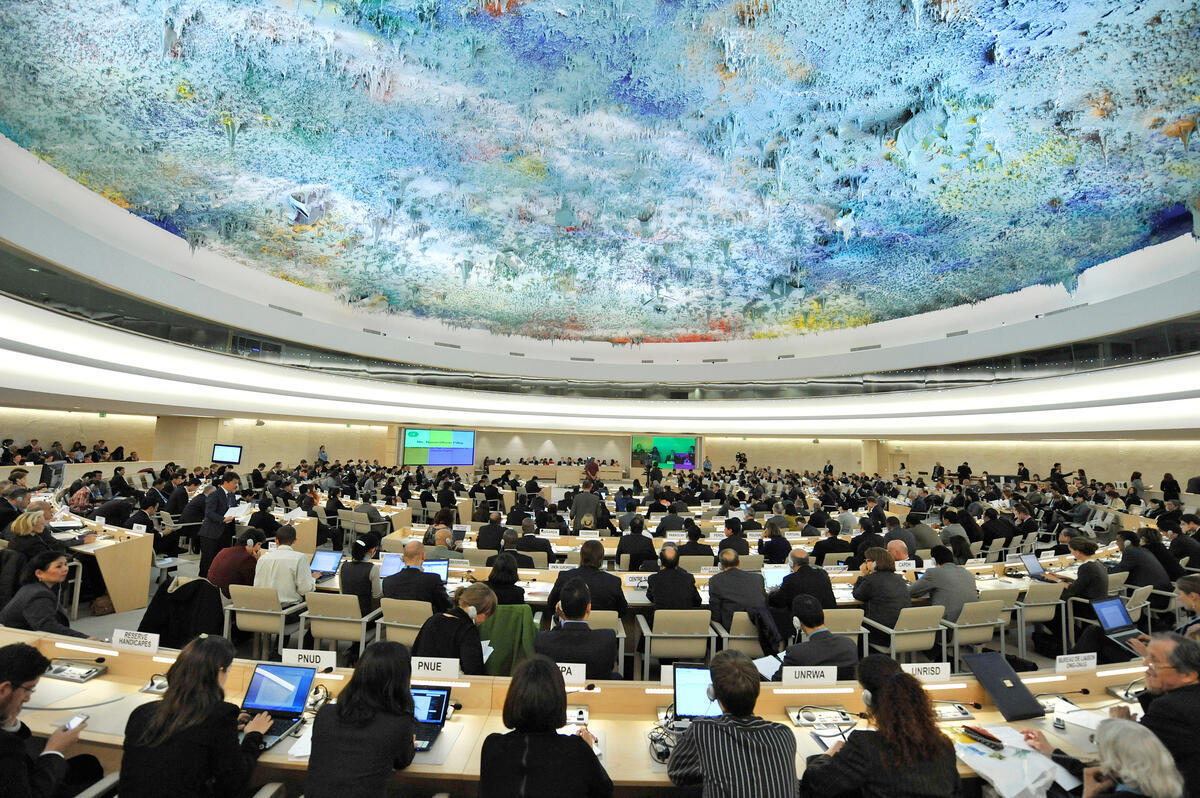The Human Rights Council has elected a new President and Vice-Presidents for 2016, with ISHR delivering a civil society statement on the responsibilities that come with the Presidency and, more broadly, with Council membership.
(Geneva) – The UN Human Rights Council must do more to ensure that human rights are promoted, protected and respected at the national level, incoming Council President Mr Choi Kyong-Lim, the Ambassador of South Korea, said today. The Ambassador was elected to serve as 2016 President of the Council at an organisational meeting of the world’s peak multilateral human rights body held in Geneva today. He will serve in a personal capacity.
Ambassador Choi, who was selected from among Asian Group States due to the annual rotation of the Presidency among regions, will be assisted by four Vice-Presidents, one from each of the other regional groups, namely: the Ambassadors of Panama (Group of Latin American and Carribean States), Belgium (Western European and Others Group), Latvia (Eastern European Group) and Ethiopia (African Group). The new Council president and bureau will take up their terms on 1 January 2016 for one calendar year.
Delivering his acceptance speech, Ambassador Choi pledged his commitment to ensuring civil society space and participation in the Council. He also emphasised that in 2016 the Council will celebrate its 10th anniversary while two cornerstones of human rights law, the ICCPR and the ICESCR, will celebrate their 50th anniversaries; occasions which should be celebrated through a renewed focus on implementation of international human rights standards at the national level.
The outgoing HRC President, German Ambassador Joachim Rucker, similarly emphasised the central role of civil society in the work of the Council, deplored ongoing attacks against human rights defenders at the national and international levels, and called for the Secretary-General to appoint a focal point to combat reprisals as requested by the Council in HRC Res 24/24. Significantly, he also called for the Council to be elevated in status as a Charter body of the United Nations, operating beside rather than as a subsidiary to the General Assembly, when the Council is next formally reviewed.
Adressing the Council on the legacy of the outgoing President and the responsibility of the incoming President, ISHR Director Phil Lynch, speaking behalf of ISHR, CIVICUS, FORUM-ASIA and Human Rights Watch, said:
‘We thank President Rucker, together with his Vice-Presidents and staff within the secretariat, for the outstanding leadership of the Council throughout 2015. Mr President, you and your staff have been accessible and responsive to civil society actors and taken important steps to ensure that the Council is a safe place for human rights defenders and victims. You have also taken important steps to promote accountablity and increase the political cost of reprisals against human rights defenders, although we emphasise that more remains to be done in this regard, including through the full and effective implementation of HRC Res 24/24. We thank you for your dedication and for your tireless and important work.’
Turning to the election of the 2016 President, Mr Lynch said:
‘We congratulate Ambassador Choi Kyong-lim and his Vice-Presidents on their elections. Ambassador Choi, you referred in your acceptance remarks to the Presidency being an honour and privilege. It is also, however, a great responsibility; a responsibility to ensure that the Council is a safe and effective forum in which to expose human rights violations, seek justice for victims, and promote accountability for perpetrators. This requires the constant safeguarding of civil society participation and space and we urge you to build on the good work of President Rucker in preventing, denouncing and following up on cases of alleged reprisals.’
Welcoming Ambassador Choi’s remarks on the importance of national implementation of international standards, Mr Lynch said:
‘We welcome the incoming President’s focus on implementation of international human rights standards at the national level and emphasise the vital role of national human rights institutions and vibrant, independent civil society organisations in that regard. The most important measure of the Council’s success is it’s impact on the ground, and A-status NHRIs and independent civil society organisations are indispensible partners in both implementation and monitoring and reporting on progress and impact.’
Closing the civil society statement, Mr Lynch addressed new Members of the Human Rights Council elected for 2016, saying:
‘We congratulate new Member States on your election and take note of your pledge in bcoming members of this body to uphold the highest standards in the promotion and protection of human rights and to cooperate fully with the Council and its mechanisms. For our part, civil society pledges to work constructively when you endeavour in good faith to do this and to hold you firmly to account when you do not.’




